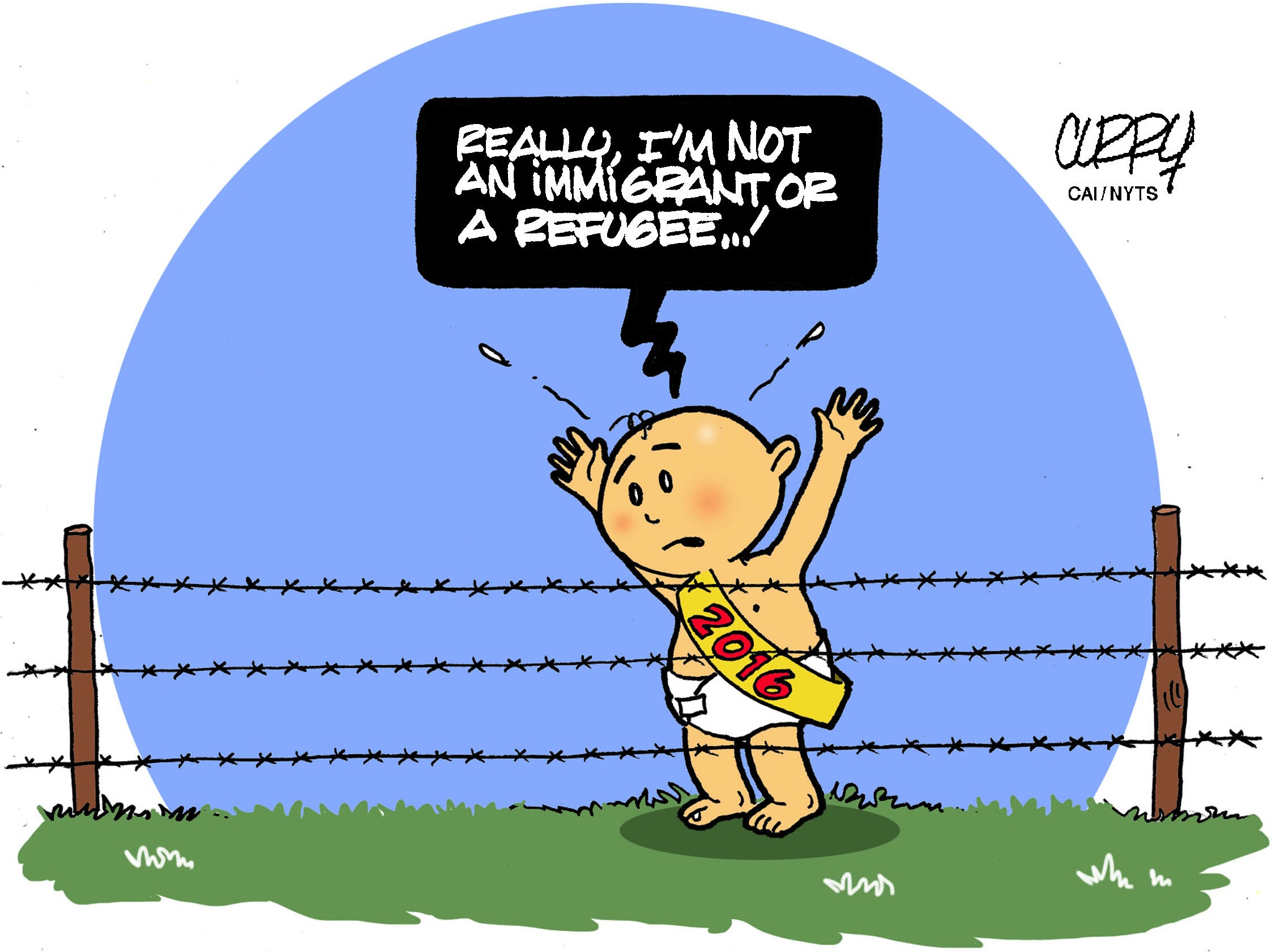The Mediterranean migration crisis has delivered two critical lessons. First, Europe and the rest of the international community have grossly inadequate systems for protecting vulnerable migrants. Second, in the absence of such systems, populist leaders will prey on fear to gain political support, undermining the liberal, tolerant societies that have taken 70 years of hard work to build.
That is why vigorous action at the European and global levels is essential this year. In September, United Nations Secretary-General Ban Ki-moon will convene an extraordinary summit dedicated to building a fair global system for protecting refugees and vulnerable migrants. One hopes that countries will come prepared to make tangible, enduring commitments.
Such commitments were sorely lacking in 2015. Indeed, the international community could have blunted last year's crisis by providing even modest support for the three frontline countries — Turkey, Lebanon and Jordan — which together host some four million Syrian refugees. With only around €10 billion ($10.8 billion), these countries could have provided better housing, food and education for refugees, thereby reducing the incentive to flee to Europe. That failure could end up costing Germany alone upwards of €21 billion annually for years to come.


















With your current subscription plan you can comment on stories. However, before writing your first comment, please create a display name in the Profile section of your subscriber account page.